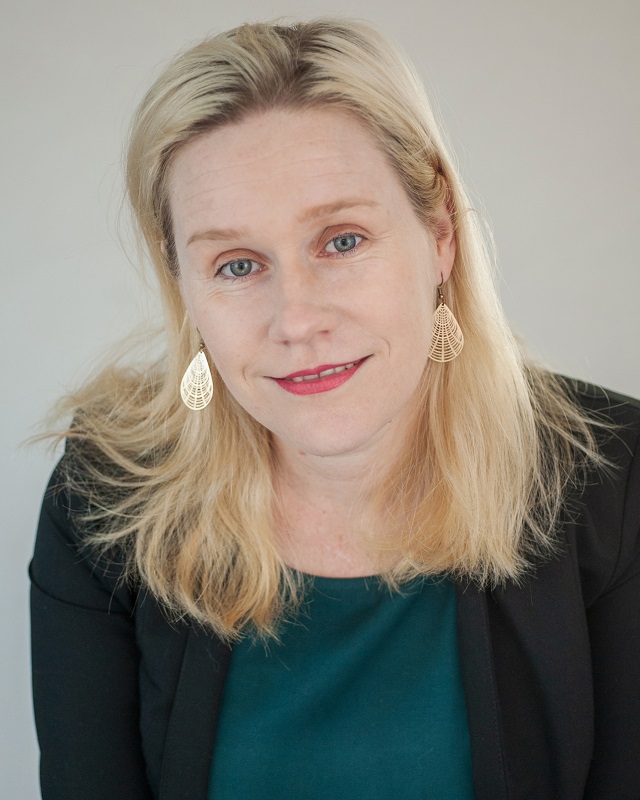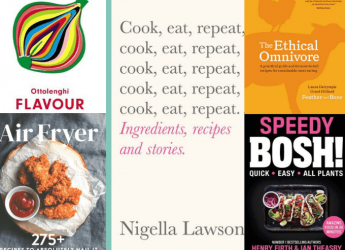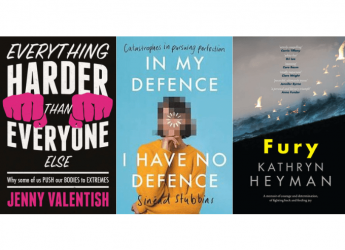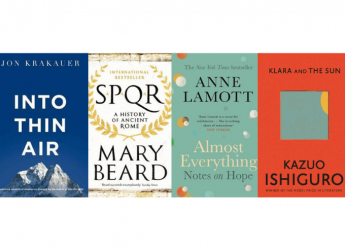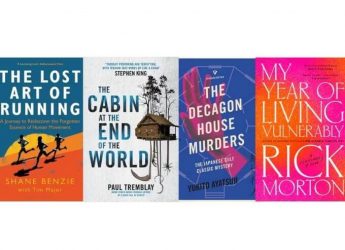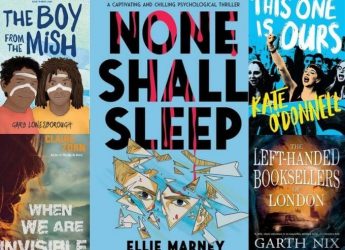
Shout by Laurie Halse Anderson is a memoir told through free verse poetry that recounts her sexual assault at age thirteen and the repercussions of that experience throughout the rest of her teenage years and adulthood. Anderson also writes about living in a household affected by trauma, in particular, her father’s PTSD as a World War Two veteran. Shout comes two decades after the publication of Speak, a seminal YA novel that also covers sexual assault. Anderson’s anger is palpable – it’s clear she feels that current-day teenagers still encounter familiar dangers, tropes and challenges. Further, attitudes and rhetoric – not to forget laws – haven’t progressed as much as they ought to have. Her talent is fierce:
I earned a degree in linguistics, charting
the transformation of languages
over time, vowels waltzing, constantly flirting
‘Vowels waltzing’ – a magic phrase. This powerful, wonderful book is full of them and I’m sure will help other survivors find their voices.
My comfort read for the month was The Name of the Rose by Umberto Eco. We cleaned our garage a while ago and I pulled this from a storage box and immediately became annoyed at my previous self. Why? Well, when I studied texts at university, I was a highlighter fiend, underlining anything of significance that I could quote in an essay (maybe I was more of a close reader than I remember being). Which is fine when you’re working, but when you’re reading for pleasure it can be tedious, as it signposts that ‘something important is coming up, pay attention!’ And as The Name of the Rose is such a rich, intellectual novel, there are a lot of quotable lines. BUT! I don’t want to scare anyone off from reading it because, above all, it’s a terrific murder mystery: who’s killing monks – and a fair number of them – in a medieval monastery? You’ll have to find out!
I admit it took me a little bit to get into Frankissstein: A Love Story by Jeanette Winterson, but once I was on the hook I finished it in a couple of sittings. Winterson does what few writers would attempt and fewer could succeed at – that is, re-imagine the Gothic classic and (partly) set in our world among developing AI technology and the singularity consciousness, sexual companion robots and more. It’s a testament to Winterson’s skills that the parallel narratives remain balanced and she keeps a healthy, if sometimes almost sardonic, sense of humour. It’s needed, for she tackles some Big Topics that won’t be comfortable for everyone. But that’s her point – we need to start addressing (or stop forgetting) the fundamentals of what it is to be human and how that could change in the future.
I’ve only just begun The Glad Shout by Alice Robinson. The word-of-mouth about this novel, a dystopic tale of a family trying to survive in a city (Melbourne) ruined by climate disaster, has been very strong and positive. It might be just the novel to snuggle in bed with this winter, to really appreciate the luxuries I have.
What are you reading this month?




